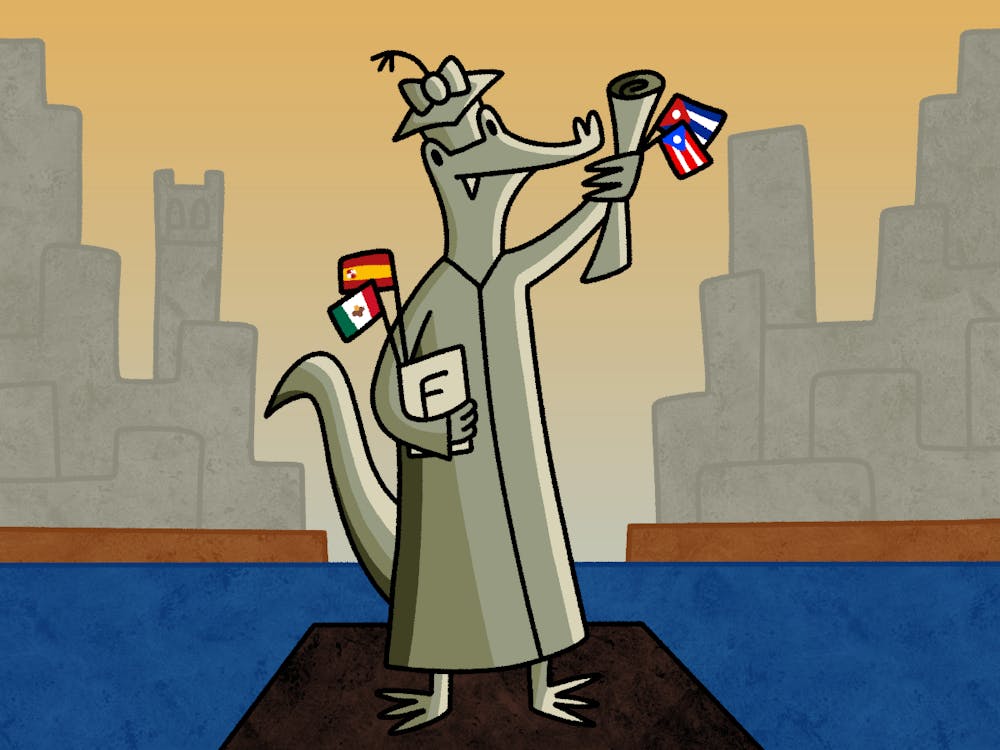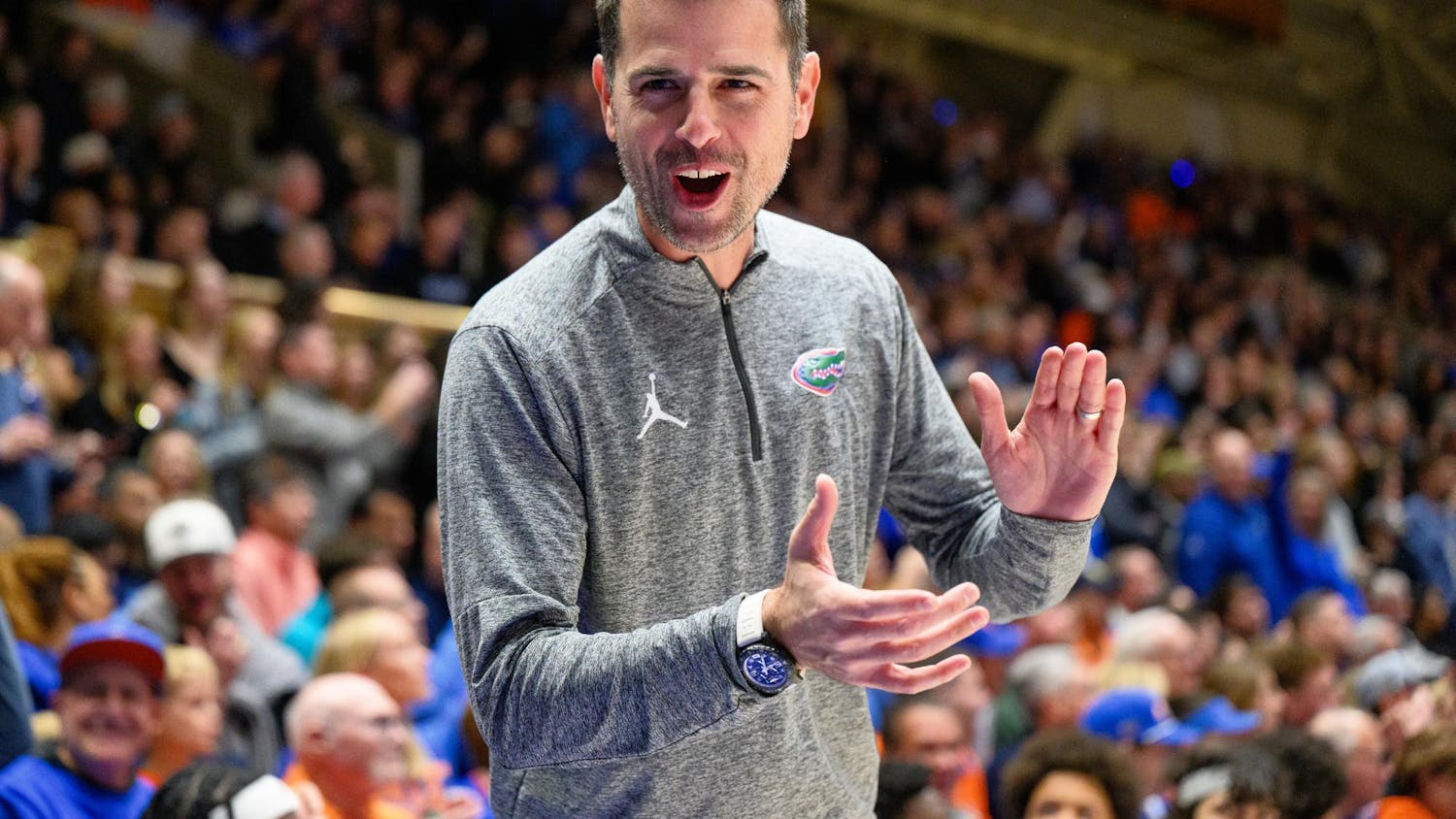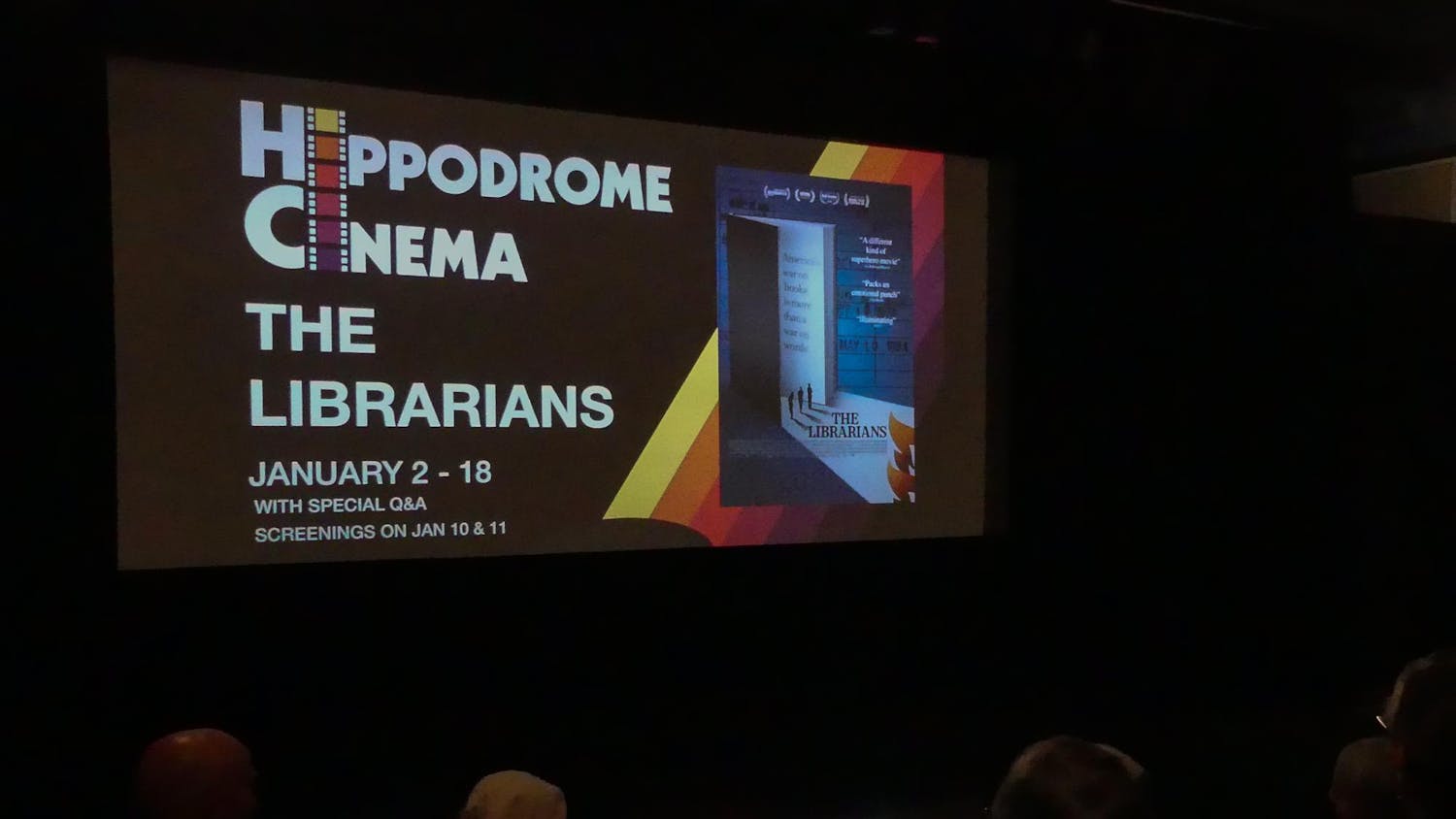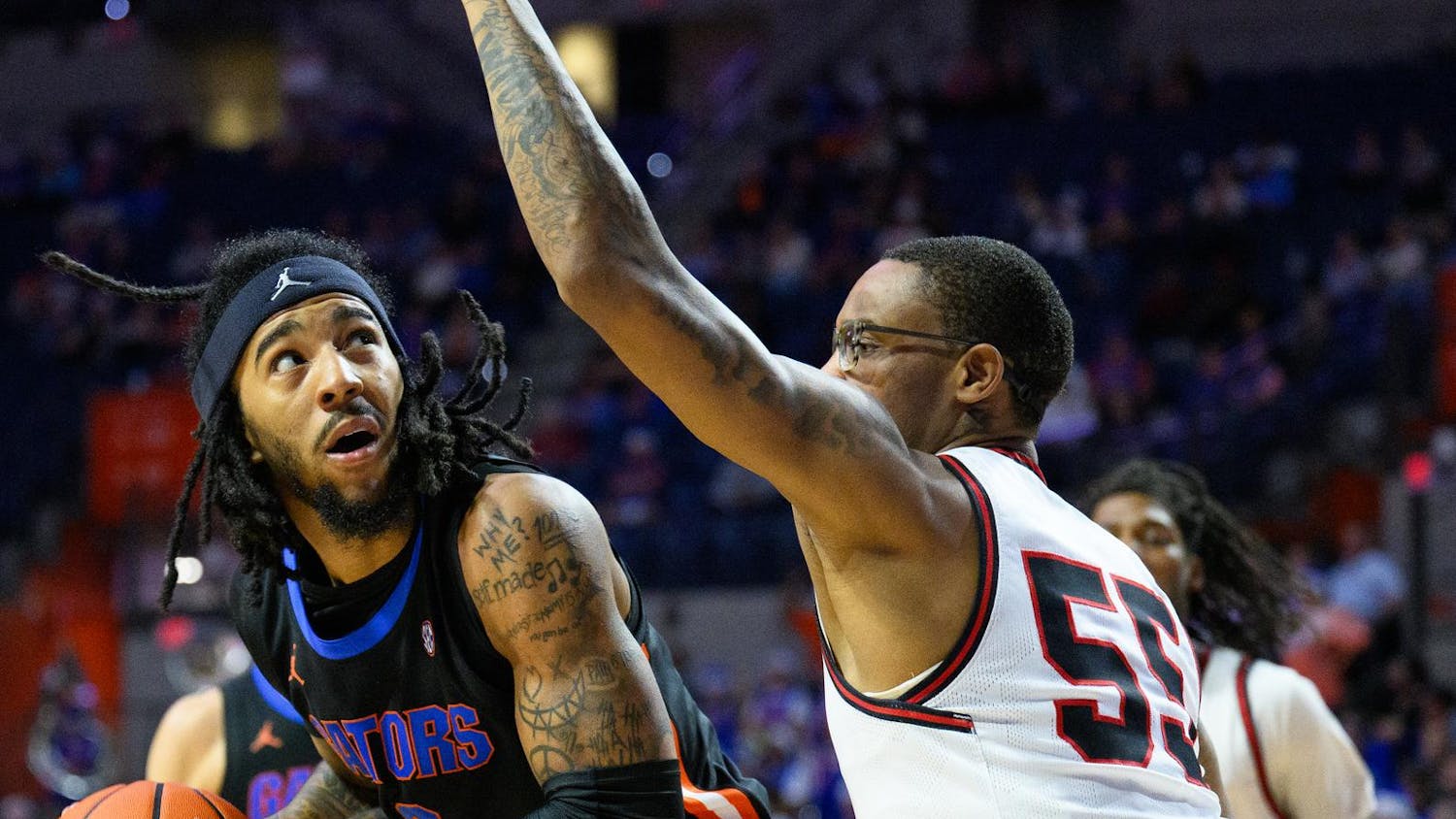Mia Valdés, Sharylen López and Lucía Sánchez came to UF this semester from different families, countries and continents. But they have one thing in common: They are the first in their families to attend university in the United States.
Each said their dreams of studying, starting a business or belonging haven’t been limited by borders. In Gainesville, they say, those dreams take different forms — heard in Spanish and Spanglish and passed down from parents to children.
Today, more than 36,000 people identify as Hispanic or Latino in Alachua County, according to U.S. Census Bureau estimates from 2023. Of those, the leading ethnicity is Puerto Rican at about one-fifth of Alachua’s total Latin population, followed by Cuban and Mexican.
For residents like Mia Valdés, migration is a family legacy — a decision made in hope. Mia, a 21-year-old UF women’s studies master’s student, is the first in her Cuban American family to attend college.
“I’m really proud because it took a lot to get here,” Mia said. “A lot of stress … a lot of crying too. But in the end, being here is a big deal.”
For Mia, every academic achievement is tied to her mother, Rosalina Valdés, who left Cuba in 1994 in search of the “American Dream” — which, for her, meant securing opportunities for her children and family.
The memory of that struggle continues to shape Rosalina.
For Rosalina, moving to the U.S. meant facing overlapping challenges, arriving without English, raising her daughter alone after losing her husband and struggling to find stable work. Rosalina added, “But even then, she always made sure we moved forward. I don’t know how she did it.”
Through higher education, Mia found a way to put her family’s experience into words.
“Studying feminism gave me the words to understand my mom’s life, her struggles, what it means to be a migrant woman,” Mia said.
She is about to begin her master’s program in women’s studies, a choice she says reflects her motivation to use education as a tool to improve her present and to advocate for the rights of migrant women and girls.
On the other side of the U.S., that legacy took the form of a father who crossed the border at age 16.
Sharylen López, a 23-year-old Chicana and graduate student in UF’s Department of Women’s, Gender and Sexualities Studies, said she grew up watching how her father’s sacrifices shaped her own dreams.
“My dad’s educational dreams were cut short because he had to work and provide for the family after migrating,” she said. “But he was always very academic and wanted his kids to have those opportunities.”
That drive, she added, made her the first woman in her family to graduate from college and continue into graduate school.
After moving to Florida for graduate studies, López said, she struggled with the distance from home and cultural shock. But she found a space to turn her experience into knowledge and action through her academic studies.
For López and other migrant students, migration cannot be reduced to numbers or to a rhetoric of criminalization.
President Donald Trump called immigration a “new category of crime” at a town hall event last year — a remark consistent with the administration’s attempt to curtail immigration across multiple fronts. Meanwhile, many immigrants say the president’s rhetoric makes them feel like they don’t belong and is inconsistent with their immigration experiences.
Lucía Sánchez, a 20-year-old UF aerospace and mechanical engineering junior, came from Madrid as the only member of her family in the U.S.
“At the beginning, there was a lot of excitement — since I was 12 or 13, I wanted to dedicate myself to this — but it was very difficult,” she said. “I didn’t know how everything worked and the first few months without my support network were complicated.”
As an international student, she feels she has to work twice as hard to “earn her place,” she said.
Her comments come amid a national debate in the U.S., as some politicians and advocacy groups argue that immigrants compete with citizens for jobs, while others emphasize their contributions to the economy and workforce.
“I didn’t come here to take anyone’s job,” she said. “I came to learn, to prepare myself, and then you’re simply another person. You’re chosen because of your experiences and your résumé.”
Follow María on X @marprofundo___
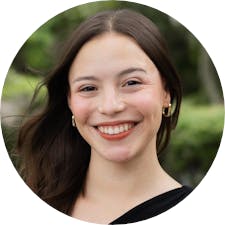
María José Cordero is a contributing writer and a political scientist currently in her first year of a master’s program in Women’s Studies, Gender and Sexualities. She has a keen interest in feminist perspectives and the intersections of politics and social change. In her free time, she enjoys outdoor activities, soaking up the sun and spending time in nature.


